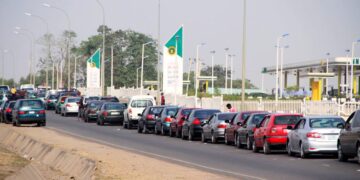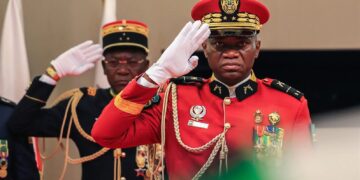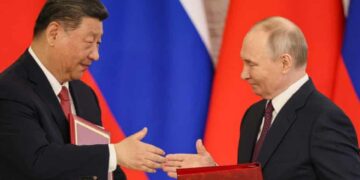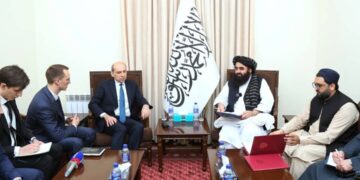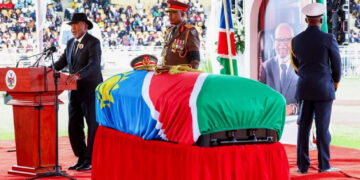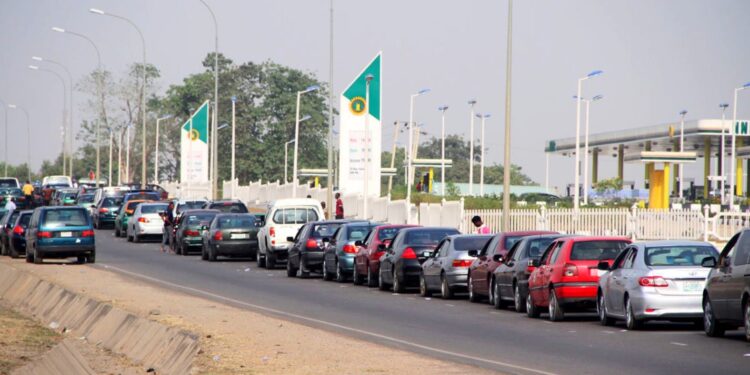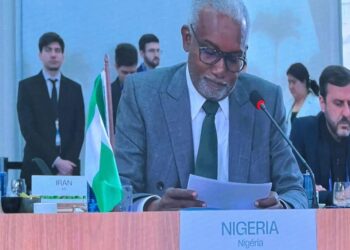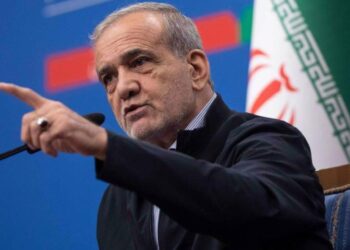By John Ikani
The scarcity of Premium Motor Spirit (PMS) also known as petrol in Nigeria’s Capital City, Abuja persisted on Tuesday, and provoked an over 100% rise in transport fares in many parts of the nation’s capital.
The Nigerian Government had earlier attributed the scarcity to an unsafe quantity of methanol above Nigerian specifications discovered in the supply chain.
Although it directed the Nigerian National Petroleum Company (NNPC) and all oil marketing companies to sustain sufficient distribution of petrol in all retail outlets nationwide, PMS scarcity still persists and seems to be getting worse by the day.
The development has brought untold suffering to the residents who are now finding it difficult to go about their normal duties.
Reports from numerous local media have revealed that long queues have remained permanent features of Abuja, as many vehicles are off the road because of the inability of residents to buy fuel for their vehicles both for private and commercial use.
As a result of the short supply of petroleum products, motorists quickly formed long queues in front of the small number of filling stations that dispensed the commodity.
Also, hundreds of roadside petrol black marketers were sighted in various locations within the Federal Capital Territory, trading the commodity between N400 to N600 per litre.
Passengers who insist on boarding commercial vehicles to and from one part of the city to another are finding it extremely difficult to commute on daily basis because of the shortage of commercial vehicles on the road.
Consequently, commercial transporters quickly hiked their fares; thereby, deepening the woes of the people. For instance, the fare from Kurudu of Mararaba/Nyanya axis, a border town between Abuja and Nasarawa, to Garki district in the city centre, which used to be between N300 and N350, was raised to N1,000 Tuesday.
In the same vein, cab drivers in Abuja city centre jerked up their rates by over 50 per cent, collecting N800 for trips that they previously accepted between N500 and N600.
Likewise, cab-hailing companies have quickly adjusted their pricing system to align with the current realities on the ground in order to maintain their profit margins while keeping the fleet owners and the drivers on their platforms happy even in the face of the hardships caused by the insufficient stock of petrol.
On one of the e-hailing apps, a regular trip from the Novare Gateway Mall in Lugbe district to the Nnamdi Azikiwe International Airport which used to cost about N2,700 was adjusted to N3,200 on Tuesday.
The scarcity of fuel has also affected attendance to duty, as many low-income workers especially those working in government Ministries, Departments and Agencies (MDAs) stay away from work due to the cost of transportation and the inability to even see vehicles to convey them to their offices.
